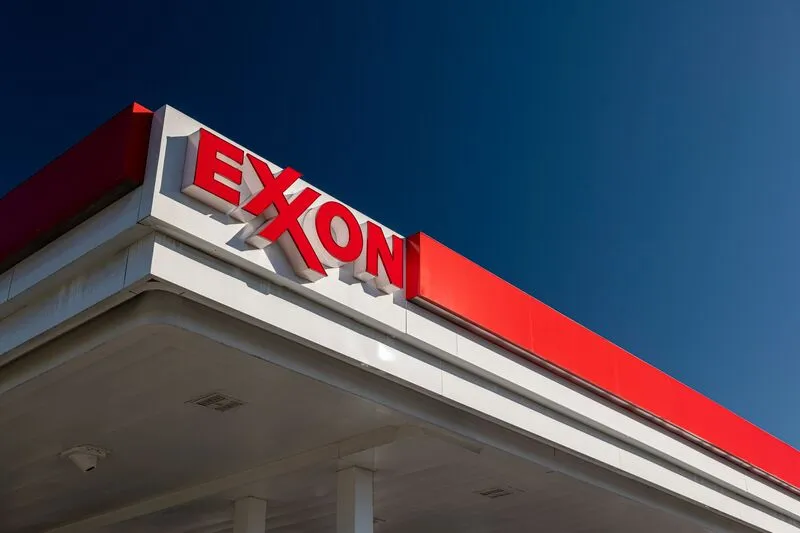Exxon Mobil has declared force majeure on oil lifting from several terminals in the nation, which is expected to have a considerable negative impact on the recent increase in oil production.
The proclamation comes after a strike by the company's internal workers.
Due to the departure of firms like Shell PLC and TotalEnergies brought on by widespread corruption and security concerns, Nigeria's oil production decreased to about one million barrels per day (bpd) in 2017, sliding behind Angola.
Nigeria is currently working to increase its oil production to 1.6 million barrels per day in an effort to reclaim its former position as the Organization of the Petroleum Exporting Countries' largest producer of oil in Africa.
In February, Nigeria produced 1.38 million barrels per day, according to the most recent OPEC report.
Exxon spokesperson Michelle Gray said in a statement on Monday that the company would "continue to take all reasonable actions necessary to resolve the impasse as quickly as possible."
When operations in Nigeria were described as "challenging" by Exxon in February, the corporation attempted to sell $1.2 billion in shallow-water assets there while holding deep-water assets farther from the coast.




















